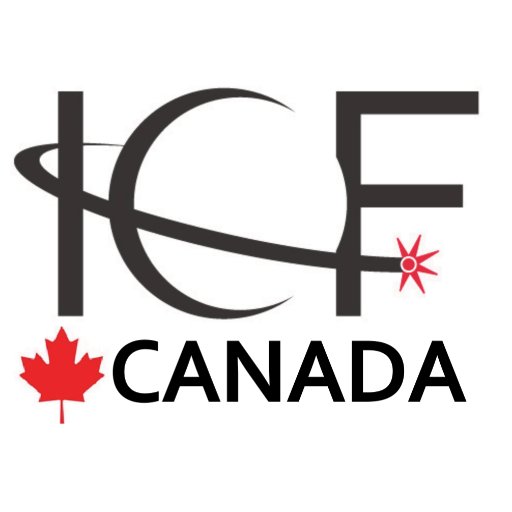A suburb of Toronto, this city of 92,000 on the shore of Lake Ontario is not your standard bedroom community. It is home to Pickering Nuclear Generating Station, an eight-reactor facility with a capacity of more than 4,000 megawatts. Around the plant has grown a cluster of energy technology firms, as well as companies specializing in audio and electrical equipment, pharmaceuticals and water purification and chemical recovery. The northern half of the municipality is largely rural and agricultural with a scattering of residential developments.
Equipping People for Broadband
Pickering has high broadband availability and adoption but a skills gaps among residents with lower income and/or lower educational achievement. The community tackles the challenge through two programs. The Pickering Library system runs a free program for digital skills training that is available to all residents. It focuses on computer basics, common software applications and web browsing. With a library card, residents can also take part in online learning through partners including Lynda.com for software training, Gale Courses in business, and Mango Languages. Thousands of residents have taken courses, which have opened doors, changed lives and established new connections between residents.
PPL Connect, the second program, brings training directly to residents in need. Funded by a research grant, it works with partners that provide onsite and one-to-one training in such skills as submitting a resume online, using videoconferencing services and web search. For those without access technologies, the program loans laptops and portable Wi-Fi hotspots. PPL Connect gives priority to those with the lowest level of skills but also helps residents with solid technical skills to learn advanced topics from 3D printing to robotics.
To fill in gaps of access and affordability, Pickering has also deployed 35 wireless hotspots at public facilities and waterfront parks, and plans to deploy 10 more. The network is already connecting with 5,000 unique devices and supporting more than 20,000 sessions per month. Next on the city’s agenda is a community engagement program to gain input on where free Wi-Fi should be deployed in the future.
Sustainable Future
Sustainability is taken seriously in Pickering, where quality of life is vital to its economy. A program called Celebrating Sustainable Neighborhoods is a competition for neighborhood groups – schools, community groups, place of worship and businesses – to improve the place they live. A peer vote each year determines which neighborhood receives a grant of up to C$10,000 to further its work. Since the program’s launch in 2013, it has generated more than 260 community-building projects from community gardens and charity fundraisers to litter cleanups, youth programs and waste and energy reduction.
The same drive to improve life at the community level extends to all of the city. As Toronto’s economy expanded from 1996 to 2001, Pickering saw its population swell, resulting in the rapid conversion of farmland in the north to residential subdivisions. The city responded by slapping development restrictions on agriculture land. Forecasts, however, project the population of Pickering to more than double to 190,000 by 2031, creating enormous demand for housing. The community is engaging in negotiations with developers to better balance demand for development with the need to conserve rural quality of life.
While protecting its rural areas, Pickering has spent two years studying and conducting public consultation about a plan for urban intensification of its downtown. The plan seeks to manage growth, articulate placemaking opportunities and target investment rationally over the next 20 years. The resulting study, Downtown Pickering: A Vision for Intensification, provides computer modeling, policies and guidelines for land use, mobility, built form and capital projects.
Population growth offers Pickering opportunities for greater prosperity in the future, but only if it can maintain a high quality of life for citizens and ensure that the benefits of growth are shared across the economy. The chance to fulfill those goals brought the city to adopt the framework of the Intelligent Community Forum to guide its development.
Population: 92,000
Website: www.pickering.ca/en
Smart21 2017
